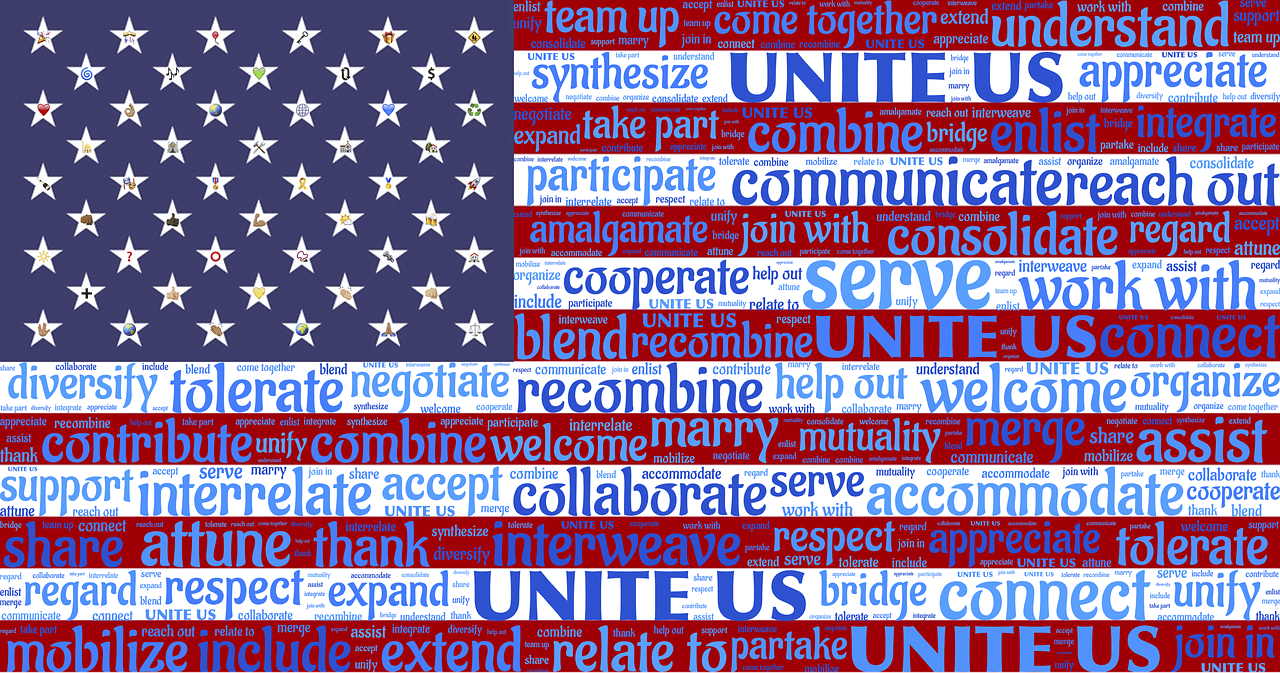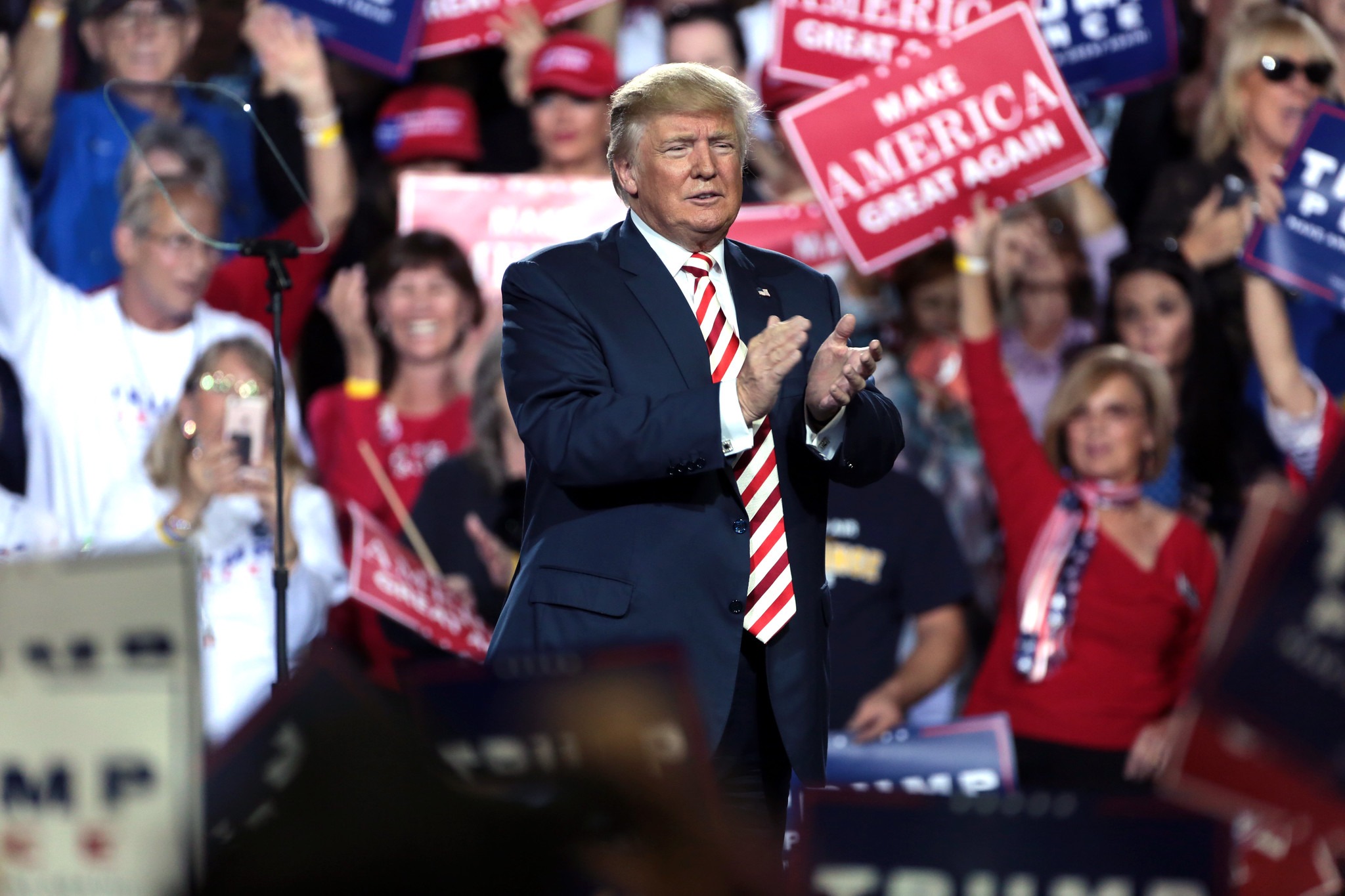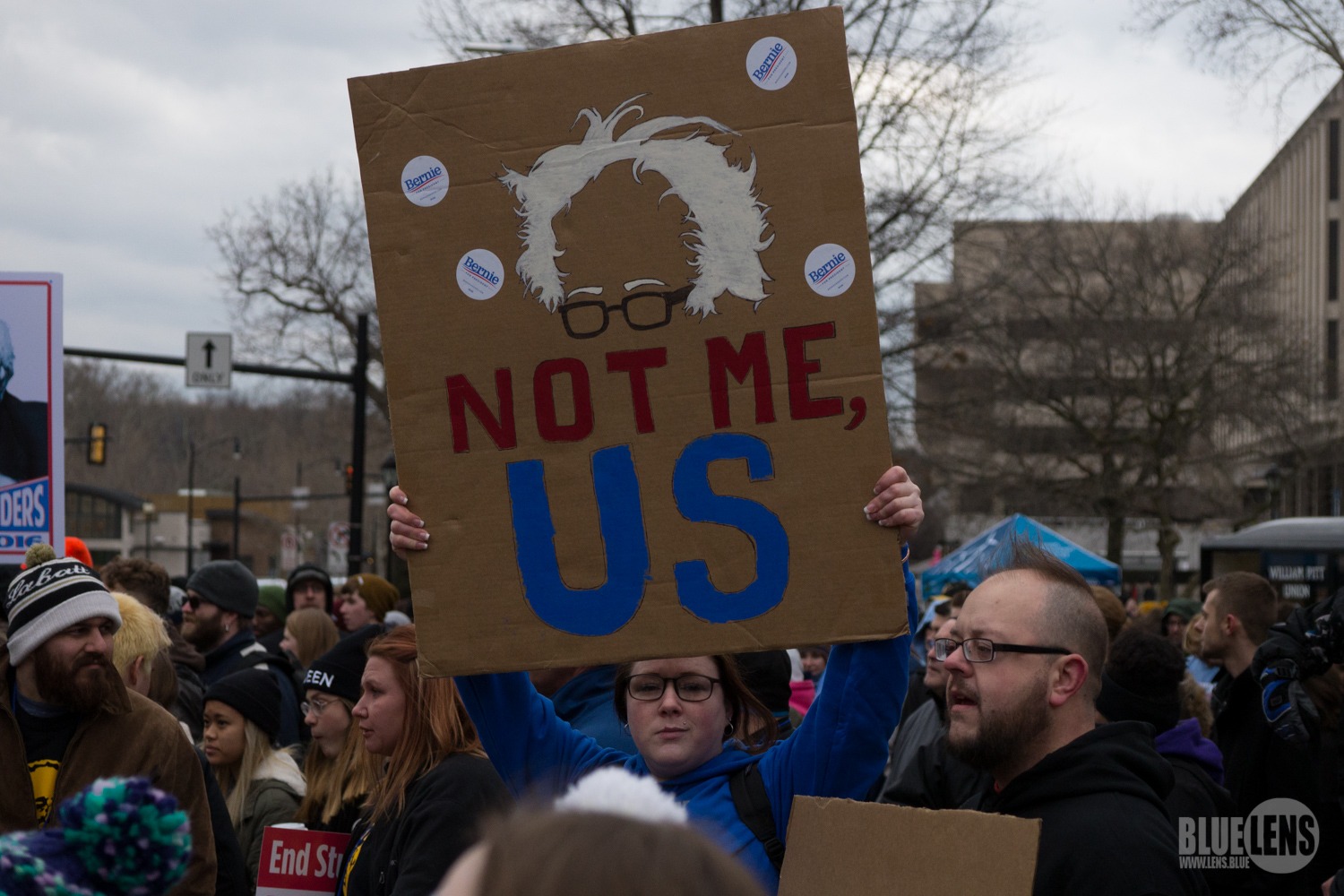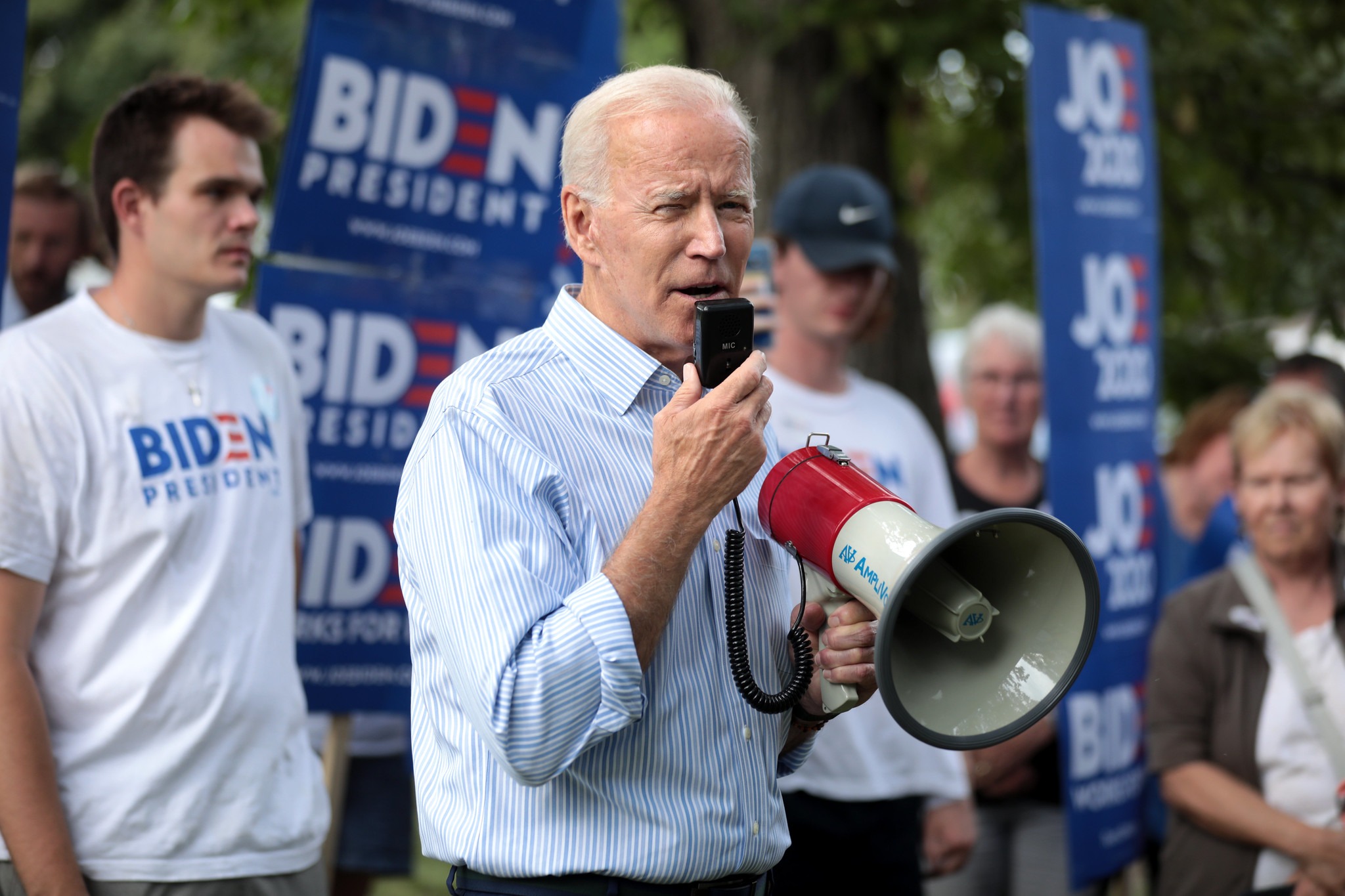How to Write a Campaign Slogan
By Jonah Dratfield
Contributor
26/3/2020

In the US, general elections aren’t about policy, they’re about advertising. Most American voters don’t think about, care about, or understand policy. That’s not to say they don’t care about how different policies will end up affecting them, only that they don’t rationally assess the policies of different candidates and then vote on the basis of these judgments. Voters, instead, make decisions based on intuition; decisions that, oftentimes, are uninformed. Consider the fact that one third of Americans believed Obamacare and the Affordable Care Act were different policies and had inconsistent opinions about them. Evidently, views on Obamacare were affected by the presence of Obama’s name. Similarly, many Americans fear democratic socialism yet support “democratic socialist policies.” In essence, Americans, when voting, don’t sort through the voting records and analyze policy plans. They, instead, decide whether candidates “seem honest” or “seem angry” or “seem reasonable;” whether they’re “corrupt” or “socialist” or “power-hungry.”
It’s unfortunate that American political candidates are treated more like brands of soda than leaders, but it does mean one thing: every candidate, if pitched well, can win. There are no bad candidates, only bad campaigns. So, it’s important for Democrats to focus on crafting good campaigns.
One of the most integral parts of creating a good political campaign is creating a good slogan. The slogan is how candidates wrap their position into something concise and accessible; how they package themselves for the masses.
The slogan is how candidates package themselves for the masses.
A good slogan needs to be three things: clear, resonant, and memorable. Donald Trump’s “Make America Great Again” slogan, meets all three criteria. To begin with, it’s clear. One can interpret it in many different ways, but it’s not hard to read or difficult to understand. It’s resonant: it’s short, yet tells an entire story. America’s greatness was lost; Trump will restore it. Finally, it’s memorable. The drama of its story sticks in your head and it’s rhythmic and easy to repeat.

Picture Credit: Gage Skidmore
The current Bernie Sanders Slogan, “Not me. Us.”, is not as effective. It’s not clear who the “me” being referred to is. Is the “me” Sanders? Is it the voter voting for Sanders? Or is it the average American? The confusion created by this is not insignificant. In advertising, first impressions matter. People vote and buy based on gut reactions. Political operatives need to control these gut reactions as much as possible. The Sanders slogan is ambiguous and, consequently, ineffectual.
The Sanders slogan does not pass the clarity test, but what about the other two tests? Is it resonant? Is it memorable?
While I like the theme of unity expressed in the slogan, it’s not articulated well enough to have any true resonance. The story it tells is too vague. We don’t know who the “me” is in the story, so it’s difficult to determine who the “us” is. Besides, where are these hypothetical people uniting and why are they uniting?

Picture Credit: Mark Dixon
Finally, the slogan is not particularly memorable. The three words bleed into one another and the two sentence fragments intersect. As a result, the slogan is difficult to process aurally, difficult to repeat, and difficult to remember. The more work the reader or listener has to do, the worse the slogan. As a general rule of thumb, using one sentence fragment is better than using two.
The more work the reader or listener has to do, the worse the slogan.
While the Sanders slogan is banal, it’s not truly bad. That would be reserved for one of Hillary Clinton’s 2016 slogans: “Love Trumps Hate.” While the slogan is clear in the literal sense, its invocation of Trump’s name makes it quite confusing – an added apostrophe would completely transform its meaning. This is consequential, because people both read and hear slogans. Aurally, “Love Trumps Hate” and “Love Trump’s Hate” are the same thing. Finally, the use of a political opponent’s name in your slogan is generally ill-advised. It just gives him more advertising space.

Picture Credit: Tim Pierce
Evidently, the Clinton slogan fails the clarity test miserably, and clarity is the most important of the three criteria. Clarity “trumps” resonance and memorability. It’s hard to tell a resonant story with imprecise language and a story is hard to remember if it doesn’t make sense.
In addition to those three criteria, there are two specific errors that campaign slogans need to avoid: placing excessive emphasis on opposing candidates and cementing negative stereotypes about one’s own candidate. In essence, campaign slogans must consider the political landscape they are communicating to as well as the psychological reflexes of their audiences. Unfortunately, Joe Biden’s campaign slogans fail to do this. This is particularly problematic because Biden is now all but guaranteed to be the Democratic nominee.
Consider “Restore The Soul Of Our Nation.” Out of context, this is a perfectly valid campaign slogan. But, in this political context, it comes off as a not-so-subtle rephrasing of “Make America Great Again.” Virtually all Americans will make the connection between the two slogans upon hearing this message (as I believe the writers intend them to). This connection is not desirable. It gives Trump more advertising space, as Hillary Clinton’s “Love Trumps Hate” slogan did. How can Biden run a campaign against Trump when his slogan suggests he agrees with him?
Finally, “Restore The Soul Of Our Nation” implies something negative about Trump’s base; it implies that their decision to vote for and support Trump was a moral miscalculation. This is a defensible assertion, but it’s not one Biden wants to be playing with. He needs to convince Trump voters to support him. To do this, he needs to make them feel welcome, something that’s hard to do when he questions the morality of their past decisions.
The slogan also reveals another issue with Biden’s campaign (and with the Democratic Party): their fixation on Trump’s failures (and, therefore, the moral failures of his supporters). A party focused only on bringing down the opposing candidate is a party without a clear vision. The threat Trump poses may have caused the Democratic Party to coalesce around Biden as a candidate, but it won’t necessarily cause the country to coalesce around the Democratic Party.
Another Biden slogan, “Our Best Days Still Lie Ahead,” betrays similar weaknesses. This would be a suitable campaign slogan for a younger politician, like Pete Buttigieg or Cory Booker, but it’s not a suitable one for Biden, because his best days clearly do not lie ahead of him. It’s more than apparent that his rhetorical skills (if not his cognitive capacities) are declining. By using this slogan he is, at best, setting himself up for parody and, at worst, creating a clear line of attack for the Republican Party.

Picture Credit: Gage Skidmore
This leads us to a central question: What should the slogan of the Democratic Party’s 2020 presidential nominee be (whether or not that candidate is Biden)? What will allow him to communicate clearly, tell a compelling story, and stick in voters’ minds? I have a suggestion: “Vote For Your Values.” First and foremost, it’s clear. One cannot parse double meanings from it or misunderstand its injunction. It also compels a concrete action – voting – and tells a compelling story. The story is that voters’ values do not align with Trump’s and that, to be true to their values, they must vote for the Democratic candidate, who does share their values. Finally, the slogan manages to do all this without giving Donald Trump’s name any advertising space and without indicting voters for past decisions. “Vote for Your Values,” unlike Biden’s two other slogans, doesn’t say anything specific about the past. It only says that Biden is the best candidate right now and has the strongest values. This is important because many Trump voters saw (and still see) Hillary Clinton as more corrupt than Donald Trump. They don’t view their past votes as moral failures or even mistakes. Talk about restoration puts them into the “basket of deplorables,” whereas talk about voting paints them as ordinary people who want what’s best for their countries and communities. “Vote For Your Values” may be a dig at Trump, but it’s not really a dig at his supporters. It doesn’t suggest that they voted for someone preternaturally bad last time around, simply that they have a better choice this time. Much like “Make America Great Again,” it uses positive language about one candidate to imply something negative about the other. The slogan is also alliterative, rhythmic, and easy to recall
What should the slogan of the Democratic Party’s 2020 presidential nominee be? I have a suggestion: “Vote For Your Values.”
Is this the ideal Democratic slogan? Maybe not; maybe someone can come up with something better. But the process used to formulate it, which focuses on accessibility and storytelling, is the right approach.
The truth is that the Democratic Party needs to be less cynical about its candidates and more cynical about its voters. As noted before, there is no such thing as a bad candidate, only a bad campaign. The Republican Party understands this, but the Democratic Party does not. Consider this: Is there anyone less “electable” than Donald Trump? Anyone more at odds with basic moral values? The problem is that the Republican Party wins with impossible candidates, while the Democratic Party loses with probable ones. But, it doesn’t have to be like this. The Democrats can be smarter and more strategic and more cynical. They can win unwinnable battles. They can craft powerful messages. They can hire their own Machiavellis.
And, to compete in this election, they’re going to need to.
